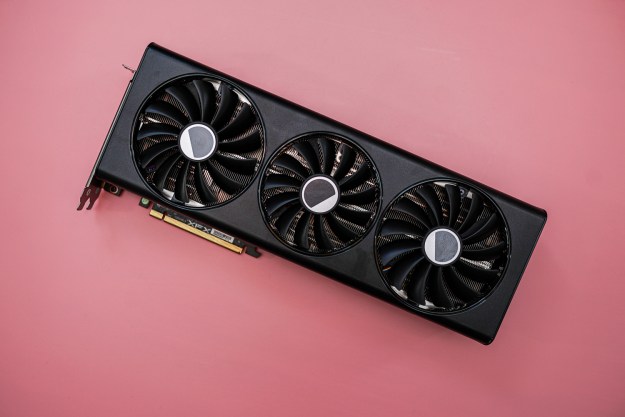Amazon CEO Jeff Bezos was finally questioned more than two hours into the Big Tech hearing about using third-party seller data to inform its own products — and Bezos didn’t deny it.
U.S. Representative Pramila Jayapal (D-WA), questioned Bezos about reports that Amazon employees access third-party seller data to directly compete with its own products. Jayapal asked Bezos if Amazon accesses third-party seller data, but Bezos replied he couldn’t give a “yes or no” answer and that they were investigating those reports.

Bezos’ appearance at the hearing was largely due to a Wall Street Journal investigation that uncovered the alleged use of third-party data. That report contradicted statements made by Amazon representatives during a hearing last year, and spurred Congress to demand Bezos appear before lawmakers.
Jayapal said a former Amazon employee told the committee that data from third-party sellers “is like a candy shop…anyone can have access to anything they want.”
“We have a policy against using seller-specific data to aid our private business but I can’t guarantee you that the policy has never been violated,” Bezos said. “If we found that someone violated it, we would take action against them.”
Jayapal said that the committee is concerned that Amazon monitoring this third-party data would hinder the smaller businesses Amazon claims to help.
“If you’re continuously monitoring the data, then they’re never gonna get big enough to compete with you,” she said. Jayapal also grilled Bezos for its policies for third-party sellers which she claimed Amazon was not itself compelled to follow.
“You can set the rules of the game for your competitors but not have to follow them yourself,” she said.
Bezos replied that Amazon was “proud” of its work with third-party sellers.
Later, Rep. Lucy McBath raised the concerns of a third-party bookseller, who claimed her business was delisted after she began competing against Amazon’s own book sales.
“What do you have to say to the small businesses who are talking to Congress because you’re not listening to them?” McBath said.
Bezos denied that Amazon systematically used its power to crush third-party sellers.
“That is not how we operate the business,” he said.
Editors' Recommendations
- Tech CEO Congressional Hearing: Recap of the biggest moments you missed
- How to watch the CEOs of Facebook, Google, Amazon, and Apple testify to Congress
- Amazon CEO Bezos agrees to testify to House committee
- Amazon’s Jeff Bezos commits $10 billion to fighting climate change
- Jeff Bezos sells $4 billion in Amazon stock, and no one knows why




